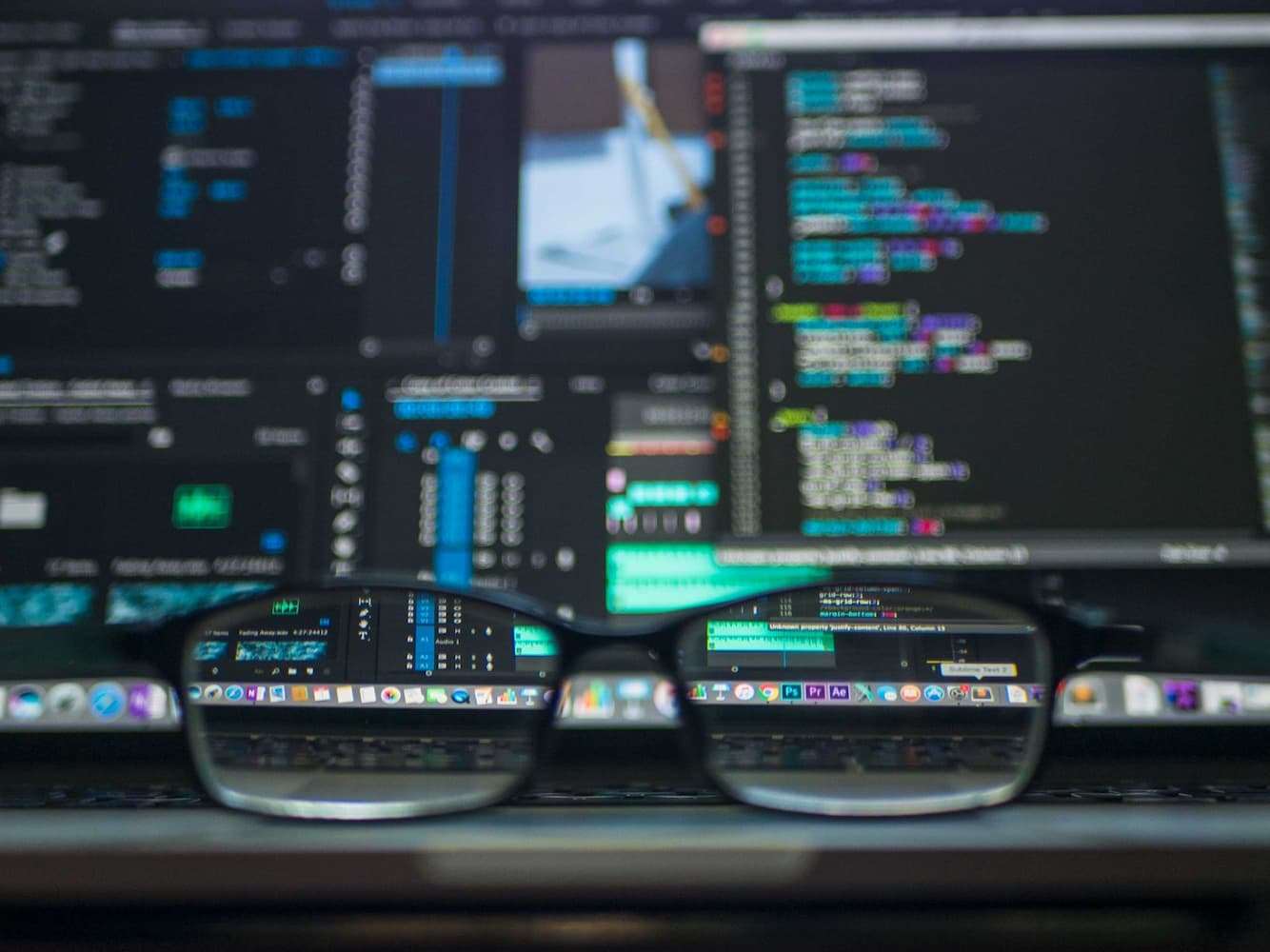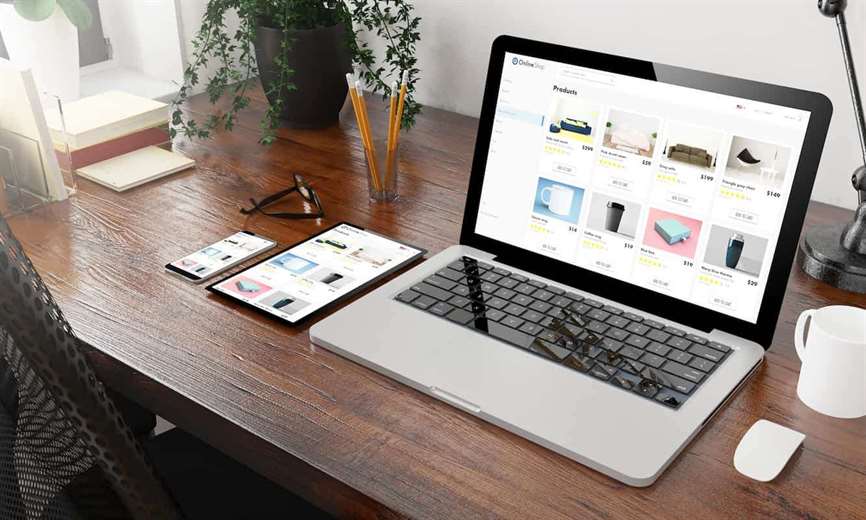Content
If there is another promising technology out there besides the blockchain — it’s the Internet of Things . By using blockchain technology, there is now an automatic go-to registry for the ownership and maintenance for everything within the Internet of Things. This not only makes security concerns a thing of the past, it can also eventually allow for equipment to automatically repair itself upon your approval. The blockchain also removes third-party individuals like lawyers, realtors, and banks when transferring a property title or house deed. This not only saves businesses from pricey fees, it would also speed the process up from a day to hours.
In January 2021, the EU Conflict Minerals Regulation came into effect. The regulation requires that EU importers of tin, tungsten, tantalum, and gold only source the minerals from responsible and conflict-free sources, as the trade of 3TG has been linked to financing github blog armed conflict as well as force labor. Blockchain solutions could be key to meeting the regulation’s supply chain visibility requirements. Fishing is also one of the largest industries in the world using forced labor, according to the Wall Street Journal.
Accuracy Of The Chain
Coli, salmonella, and listeria, as well as hazardous materials being accidentally introduced to foods. In the past, it has taken weeks to find the source of these outbreaks or the cause of sickness from what people are eating. Using blockchain gives brands the ability to track a food product’s route from its origin, through each stop it makes, and finally, its delivery. If a food is found to be contaminated, then it can be traced all the way back through each stop to its origin. Not only that, but these companies can also now see everything else it may have come in contact with, allowing the identification of the problem to occur far sooner and potentially saving lives. This is one example of blockchain in practice, but there are many other forms of blockchain implementation.
Crypto Incoming: Is Pittsburgh poised to partake? – Pittsburgh Business Times – Pittsburgh Business Times
Crypto Incoming: Is Pittsburgh poised to partake? – Pittsburgh Business Times.
Posted: Thu, 09 Dec 2021 23:49:00 GMT [source]
Large companies such as AT&T, Microsoft, Overstock and Tesla have all begun to accept Bitcoin and other digital currencies. As such, small businesses may want to follow suit as adoption increases. Blockchain has a nearly endless amount of applications across almost every industry. The ledger technology can be applied to track fraud in finance, securely share patient medical records between healthcare professionals and even acts as a better way to track intellectual property in business and music rights for artists. The banking sector isn’t the only industry that has been impacted by blockchain technology. Other sectors like law firms or law enforcement are other industries that can be disrupted by blockchain technologies. Although the term “node” is used, it is not to be confused with the concept of node used to describe blockchain networks.
What Is Blockchain?
Whenever a new block is added to the blockchain, every computer on the network updates its blockchain to reflect the change. By spreading that information across a network, rather than storing it in one central database, blockchain becomes more difficult to tamper with. If a copy of the blockchain fell into the hands of a hacker, only a single copy of the information, rather than the entire network, would be compromised. As reported by Forbes, the food industry is increasingly adopting the use of blockchain to track the path and safety of food throughout the farm-to-user journey. If you have ever spent time in your local Recorder’s Office, you will know that the process of recording property rights is both burdensome and inefficient. Today, a physical deed must be delivered to a government employee at the local recording office, where it is manually entered into the county’s central database and public index. In the case of a property dispute, claims to the property must be reconciled with the public index.
- Individuals and individual organizations can decide what pieces of their digital data they want to share and with whom and for how long, with limits enforced by blockchain-enabled smart contracts.
- There are major problems in the current healthcare system, with blockchain patients can connect to other hospitals and collect their medical data or medical records immediately.
- However, blockchain may make your marketing efforts even more effective.
- This trust is built on blockchain’s enhanced security, greater transparency, and instant traceability.
Blockchain’s faster, verifiable data exchanges help reduce fraud and abuse. Without blockchain, each organization has to keep a separate database.
Blockchain Benefits In Supply Chains And Food Chain
Individuals, organizations, machines, and algorithms would freely transact and interact with one another with little friction. Many blockchain networks operate as public databases, meaning that anyone with an Internet connection can view a list of the network’s transaction history. Although users can access details about transactions, they cannot access identifying information about the users making those transactions. It is a common misperception that blockchain networks like bitcoin are anonymous, when in fact they are only confidential. For all of its complexity, blockchain’s potential as a decentralized form of record keeping is almost without limit.
Imagine that a company owns a server farm with 10,000 computers used to maintain a database holding all of its client’s account information. This company owns a warehouse building that contains all of these computers under one roof and has full control of each of these computers and all of the information contained within them. WePlay Collectibles are for people who want to be part of eSports events and show that they like players and talent in a different way, beyond merchandising. Now, WePlay Collectibles has become part of a platform, where you can buy items with NFT technology – not only physical and digital eSports memorabilia items related to a specific tournament, but also works related to contemporary art. Now that we understand the importance of blockchain from a general perspective, let’s now understand the business world. Learn from the ground up what blockchain is all about and how it can benefit your organization. At no cost to you, download a copy of IBM’s Blockchain for Dummies guide.

TheVideoCoin Network is already working toward freeing up this capital. The decentralized network provides cloud video infrastructure — encoding, storage, why blockchain is important for business and distribution — in the form of a peer-to-peer algorithmic market. It runs on a new blockchain where clients spend VideoCoins to rent these services.
Use Smart Contracts
Some of the obstacles are technological, such as, for example, the lack of interoperability between different blockchain infrastructures, which could lead to a fragmented ecosystem with limited economies of scale for applications. Other challenges are more structural to the business population, such as the lack of awareness and digital skills in SMEs, which may limit uptake of DLT-based solutions, even when these reach a mature stage. Blockchain technologies present distinct opportunities for SMEs and start-ups.

Firms are built on contracts, from incorporation to buyer-supplier relationships to employee relations. If contracts are automated, then what will happen to traditional firm structures, processes, and intermediaries like lawyers and accountants? Before we get too excited here, though, let’s remember that we are decades away from the widespread adoption of smart contracts.
A Framework For Business Schools
More broadly, blockchain has the opportunity to disrupt the $5T+ banking industry by disintermediating the key services that banks provide, from payments to clearance and settlement systems. From a macro perspective, banks serve as the critical storehouses and transfer hubs of value. As digitized, secure, and tamper-proof ledgers, blockchains could serve the same function, injecting enhanced accuracy and information sharing into the financial services ecosystem. The integration of blockchain and customer engagement bring forth various opportunities and advantages. Ones which can be achieved by choosing the best Blockchain-as-a-Service provider. One additional way small businesses and startups may want to engage with blockchain technologies is through raising money. Instead of seeking traditional fundraising through bank loans, crowdfunding websites or venture capital, some companies may wish to pursue an Initial Token Offering or Initial Coin Offering .
More and more large corporations are coming around to the idea of a blockchain-based digital currency for payments. In February 2021, Tesla famously announced that it would invest $1.5 billion into Bitcoin and accept it as payment for their cars.
Irina was excited about the carbon markets clarifications & Article 6 agreed at #COP26. This allows her to continue developing her blockchain-powered business to produce high quality blue carbon. Here Irina’s @VlinderClimate take on Article 6 developments: https://t.co/yPDv1gr8pa
— Weidenfeld-Hoffmann Scholars (@whtrust_ox) December 8, 2021
Yet, experts still believe that blockchain will bring disruption and business transformation — even if that revolution won’t happen soon. “It all the parties involved adhere to standards, but someone could lie. So there needs to be checks to confirm information. There needs to be some mechanism behind the information to confirm it.” When I traveled around the world — 1 year on 1 Bitcoin — I could understand first hand the importance of blockchain and how its use cases are increasing each day. Your bank knows every cent you earn and spend; it gathers and sells this information to insurance companies and credit agencies — who then judge you to see if you’re worth advertising to and how.

Blockchains could be used to track parts in a supply chain and weed out those that are counterfeit. The tech also has major implications for automotive recalls, of which there were 13M in just the first half of 2020. With a record of where parts have gone, from the supplier to the individual vehicle, blockchain could enable targeted recalls. While the application of blockchain tech would not completely remove these challenges, it would make it easier to identify factual information, provide verifiable transaction data, and dismiss claims that are without merit.